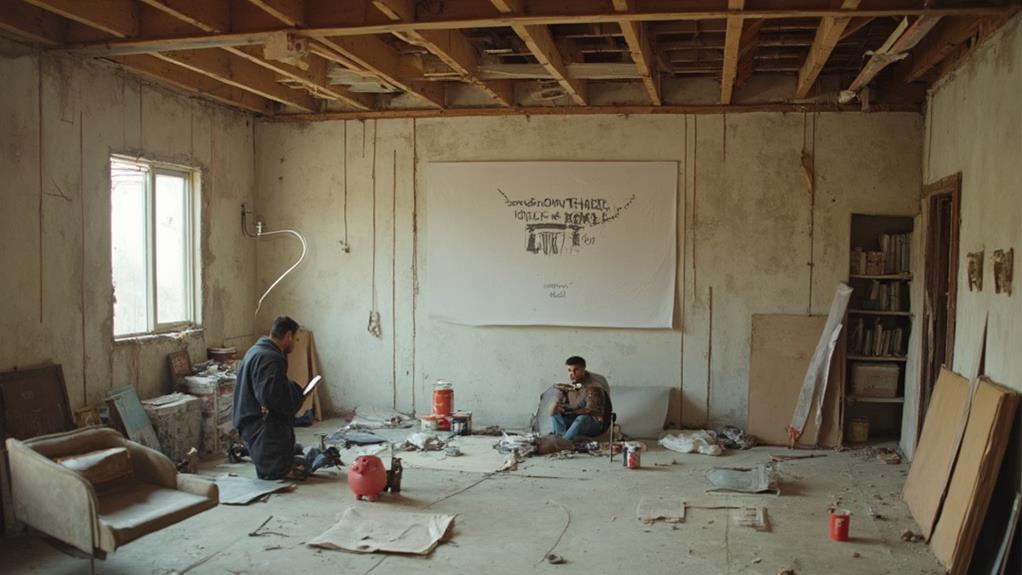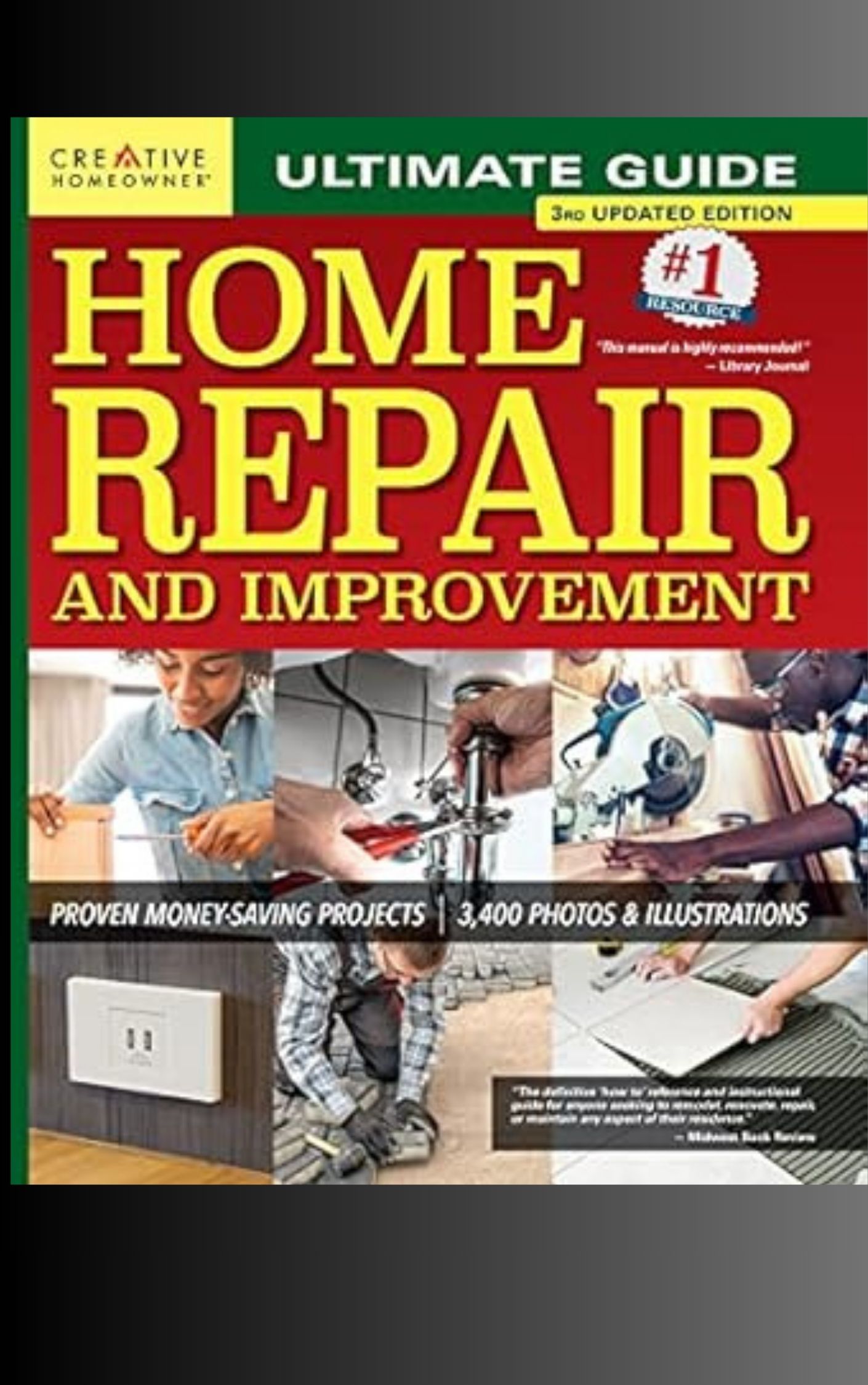To manage renovation delays without breaking the bank, start by creating a realistic timeline with built-in buffers for each phase. Develop a flexible budget that includes a contingency fund for unexpected costs. Prioritize essential renovations to ensure crucial improvements are completed first. Maintain open communication with contractors to address challenges promptly and collaboratively. Explore alternative solutions, such as temporary fixes or substitute materials, to keep the project moving forward. By implementing these strategies, homeowners can navigate delays more effectively and minimize financial strain. With proper planning and adaptability, you'll be better equipped to handle the inevitable hurdles of home renovation.
Build a Realistic Timeline
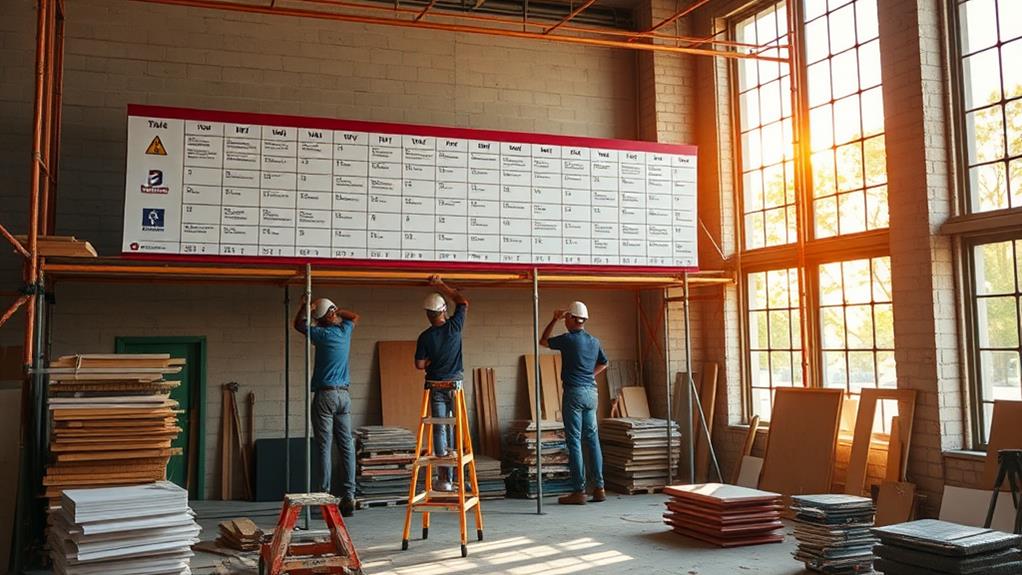
Mapping out a realistic timeline is crucial when planning a renovation project. Begin by breaking down the renovation into distinct phases, such as demolition, construction, and finishing. Research the average duration for each phase based on your project's scope and consult with contractors to get accurate estimates. Factor in potential delays due to material delivery, permit approvals, and unexpected issues that may arise during the renovation process.
Add buffer time to your schedule, typically 10-20% of the total project duration, to account for unforeseen circumstances. Consider the impact of seasons on your timeline, as certain work may be affected by weather conditions. Be mindful of lead times for custom materials or specialty items, which can significantly extend your project timeline.
Communicate your timeline expectations clearly with all involved parties, including contractors, suppliers, and family members. Regularly review and update your timeline as the project progresses, adjusting for any changes or delays. By creating a well-researched and flexible timeline, you'll be better prepared to manage delays and keep your renovation project on track without incurring unnecessary costs.
Create a Flexible Budget
A flexible budget is essential for managing renovation delays without financial strain. When creating your renovation budget, allocate funds for unexpected expenses and potential delays. Start by researching average costs for similar projects in your area and add a 10-20% contingency fund to account for unforeseen issues.
Break down your budget into categories, such as materials, labor, permits, and miscellaneous expenses. Prioritize essential elements of the renovation and identify areas where you can make adjustments if needed. Consider cost-effective alternatives for non-critical components that can be easily substituted or postponed if delays occur.
Include a timeline-based budget that accounts for potential cost increases over time. Factor in inflation and seasonal price fluctuations for materials and labor. Establish relationships with multiple suppliers and contractors to ensure competitive pricing and availability of resources.
Regularly review and update your budget throughout the renovation process. Keep detailed records of expenses and compare them to your initial estimates. Be prepared to make informed decisions about reallocating funds or scaling back certain aspects of the project if delays threaten to exceed your budget. This proactive approach will help you maintain financial control and adapt to unexpected challenges without compromising the overall quality of your renovation.
Prioritize Essential Renovations
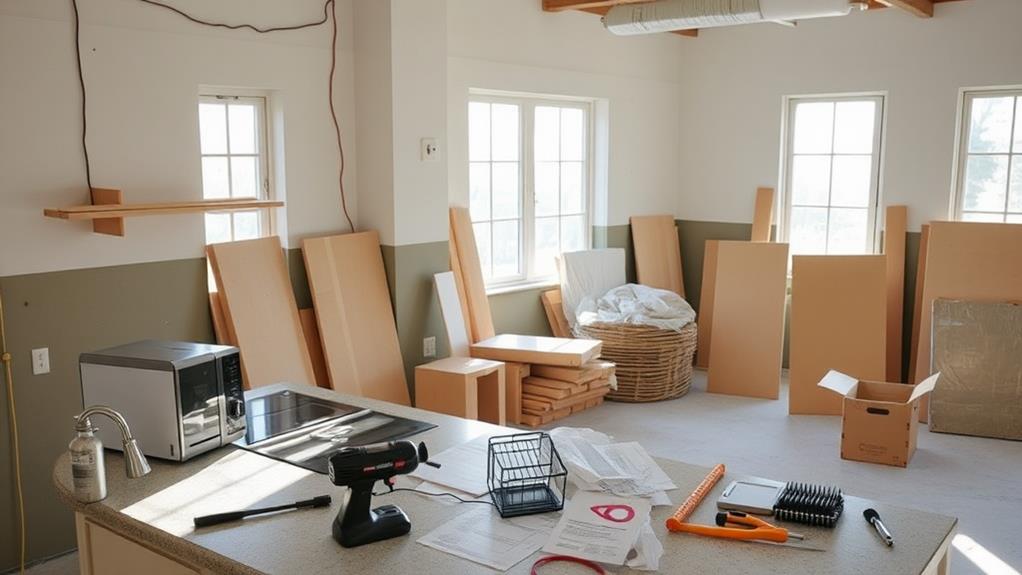
With a flexible budget in place, the next step is to identify and focus on the most important aspects of your renovation project. Prioritizing essential renovations ensures that your limited resources are allocated to the most critical improvements, minimizing the impact of potential delays on your overall project.
Begin by assessing which renovations are necessary for safety, functionality, and structural integrity. These typically include electrical upgrades, plumbing repairs, roof maintenance, and foundation work.
Next, consider renovations that significantly impact your daily life or property value, such as kitchen or bathroom upgrades.
Create a hierarchy of renovations, ranking them from most to least important. This allows you to tackle crucial projects first, ensuring that even if delays occur, the most essential improvements are completed. Additionally, consider the interdependence of various renovation tasks. Some projects may need to be completed in a specific order, so factor this into your prioritization.
Communicate Effectively With Contractors
Clear and consistent communication with contractors is paramount to managing renovation delays effectively. Establish open lines of communication from the project's outset, setting expectations for regular updates and progress reports. Create a shared communication platform, such as a project management app or group chat, to ensure all parties stay informed and can quickly address issues as they arise.
Be proactive in discussing potential challenges and delays with your contractor. Ask about their contingency plans for common setbacks like material shortages or weather-related delays. Maintain a professional demeanor, even when faced with frustrating situations, as this will foster a more productive working relationship.
Document all important conversations and decisions in writing, including change orders and timeline adjustments. This practice helps prevent misunderstandings and provides a clear record of agreements. When delays occur, work collaboratively with your contractor to develop solutions and revise schedules as needed. Be flexible but firm in your expectations, and always keep your budget constraints in mind when considering alternatives. By maintaining open, honest, and respectful communication throughout the renovation process, you can better navigate delays and minimize their impact on your project's timeline and budget.
Explore Alternative Solutions
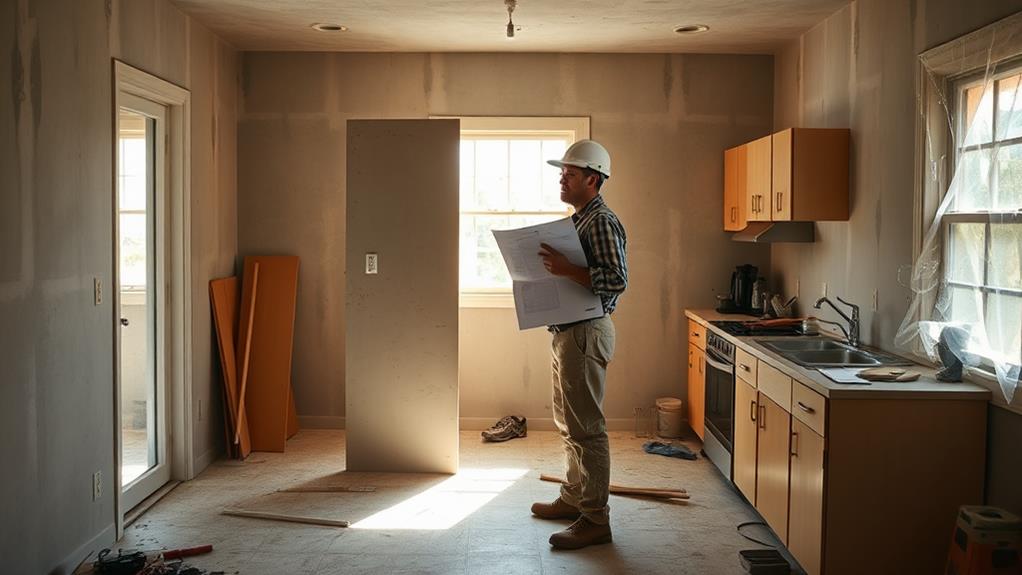
When renovation delays threaten to derail your project, exploring alternative solutions can help you stay on track without compromising your vision or budget. Consider temporary fixes that allow you to use the space while waiting for permanent solutions. For instance, if custom cabinets are delayed, install temporary shelving units to maintain functionality.
Sourcing materials from alternative suppliers can often resolve supply chain issues. Research local or regional manufacturers who may have shorter lead times than larger, national suppliers. Additionally, explore substitute materials that offer similar aesthetics and performance but are more readily available.
Be open to adjusting your project timeline. Tackle less time-sensitive aspects of the renovation while waiting for delayed components. This approach keeps the project moving forward and maximizes efficiency. If specific subcontractors are unavailable, consider training existing team members to handle some tasks or explore partnerships with other local professionals to fill gaps.
Lastly, revisit your original plans and identify areas where you can simplify without sacrificing quality. Sometimes, streamlining certain elements can compensate for delays in others, helping you maintain your overall project timeline and budget.
Frequently Asked Questions
How Can I Temporarily Live Elsewhere During Renovations Without Incurring High Costs?
To minimize costs while living elsewhere during renovations, consider staying with family or friends, house-sitting, subletting, or exploring short-term rentals. Look for off-season deals, negotiate extended stay rates, or use home-sharing platforms for affordable temporary accommodations.
What Permits Are Typically Required for Home Renovation Projects?
Navigating the maze of permits can be a daunting journey. Typically, home renovation projects require building permits, electrical permits, plumbing permits, and mechanical permits. Zoning permits and historic preservation approvals may also be necessary, depending on your location and property.
How Do I Handle Unexpected Structural Issues Discovered During the Renovation Process?
When unexpected structural issues arise during renovation, immediately consult a structural engineer for assessment. Adjust your project timeline and budget accordingly. Prioritize safety and compliance with building codes. Consider alternative solutions or phased approaches to address the problems effectively.
Are There Tax Deductions or Credits Available for Home Renovation Expenses?
Tax deductions and credits for home renovations vary by jurisdiction and project type. Energy-efficient upgrades, medical necessity modifications, and home office improvements often qualify. Consult a tax professional to explore specific deductions available for your renovation expenses.
How Can I Ensure My Home Remains Secure During the Renovation Period?
To secure your home during renovations, install temporary locks, use security cameras, and communicate with contractors about access. Store valuables securely, maintain active alarms, and consider hiring security personnel for larger projects or valuable properties.
Conclusion
Effective planning and management are crucial for navigating renovation delays while maintaining financial stability. By implementing realistic timelines, flexible budgets, and prioritization strategies, homeowners can mitigate the impact of unforeseen setbacks. Clear communication with contractors and exploring alternative solutions further enhance the ability to adapt to challenges. Interestingly, a study by the National Association of Home Builders found that 85% of renovators experienced project delays, emphasizing the importance of proactive delay management in home improvement endeavors.
